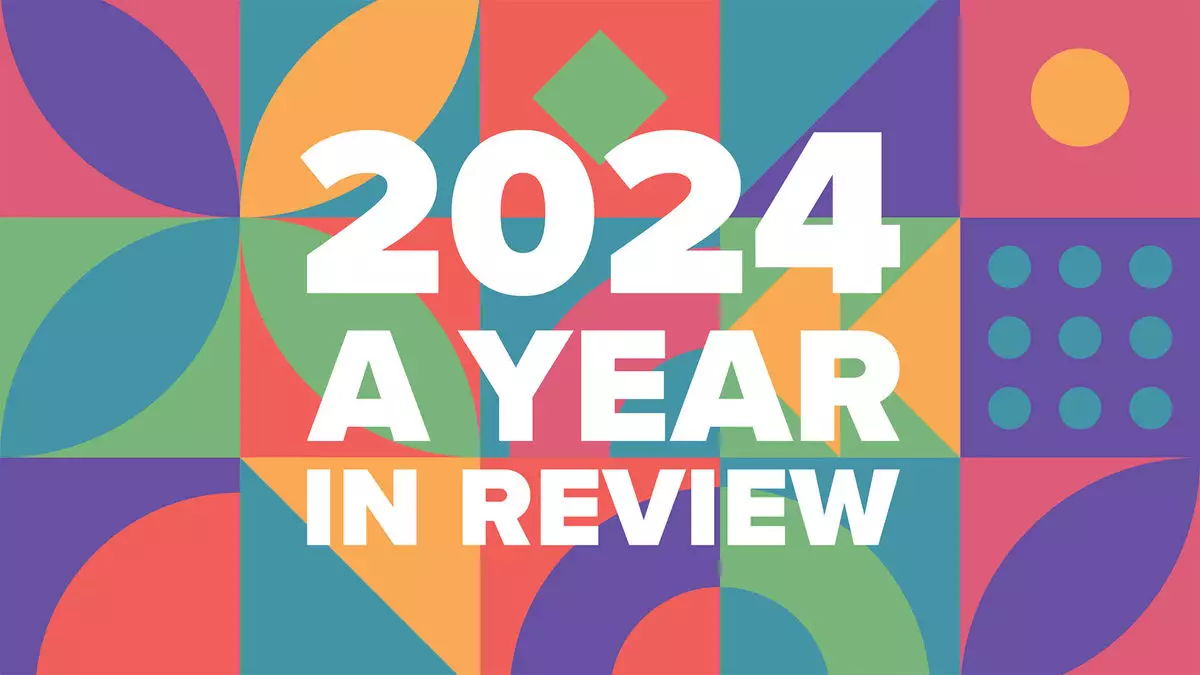The landscape of the travel industry is rapidly evolving, shaped by the explosive growth of artificial intelligence (AI) technologies. According to the latest findings from Travel Weekly’s 2024 Travel Industry Survey, nearly half of travel advisors—41% to be precise—have embraced AI solutions in less than two years following the launch of ChatGPT. This statistic is particularly striking when one considers that the adoption rate swells to 58% among younger advisors, those aged 45 and under, suggesting a generational shift towards technology and innovation in an industry traditionally viewed as somewhat resistant to change.
The allure of generative AI is compelling. As agencies increasingly recognize the potential for these technologies to enhance operational efficiency and time management, there is a collective momentum towards their integration. Travel advisors no longer need to operate in a vacuum; instead, they can leverage AI to streamline processes and refine their services. Signature Travel Network’s introduction of TobyAI, an AI platform tailored for advisors, exemplifies this transformation. By utilizing generative AI for key functions such as social media engagement and itinerary creation, the network is paving the way for a future where technology augments the human touch that is essential in travel planning.
The competitive nature of the travel industry necessitates that companies innovate continuously. This is evident with Travel Leaders Network’s strategic partnership with TobyAI in December 2023. Such collaborations underscore the recognition that AI can enhance competitive prowess by optimizing workflows and providing data-driven insights. Similarly, Fox World Travel’s introduction of Colby AI is a testament to this trend; the AI aims to assist agents with various tasks, from improving workflow efficiency to analyzing traveler preferences. Companies are increasingly realizing that the adoption of AI isn’t merely a trend—it’s a requisite for survival in the dynamic travel market.
Expedia Group’s AI Initiative
Additionally, industry leaders such as Expedia Group are initiating their own AI-powered innovations. At its annual partner conference, the company launched Romie, an advanced AI assistant designed to assist in enhancing travel bookings and customer interactions. CEO Ariane Gorin’s remarks highlight the omnipresence of AI in contemporary discussions surrounding the travel industry. As AI becomes a recurring theme, it raises essential questions about the future role of human advisors.
The ongoing AI transformation poses a unique challenge: how can travel advisors balance technology with the personalized service that clients expect? Since less tech-savvy agencies may find AI daunting, the leadership must ensure that the integration process does not alienate staff but rather empowers them. The potential for AI to streamline and enhance the advisory role must be embraced as a means of elevating the customer experience rather than a threat to job security.
As the travel industry forges ahead into this exciting era of AI adoption, it is clear that the conversations around technology have shifted from skepticism to optimism. Generative AI solutions are set to redefine how travel advisors operate, providing tools that not only enhance efficiency but also enrich client interactions. The integration of these advanced technologies stands to benefit the entire travel ecosystem, promising a future where both technology and human expertise work in tandem to deliver unparalleled travel experiences.


Napsat komentář